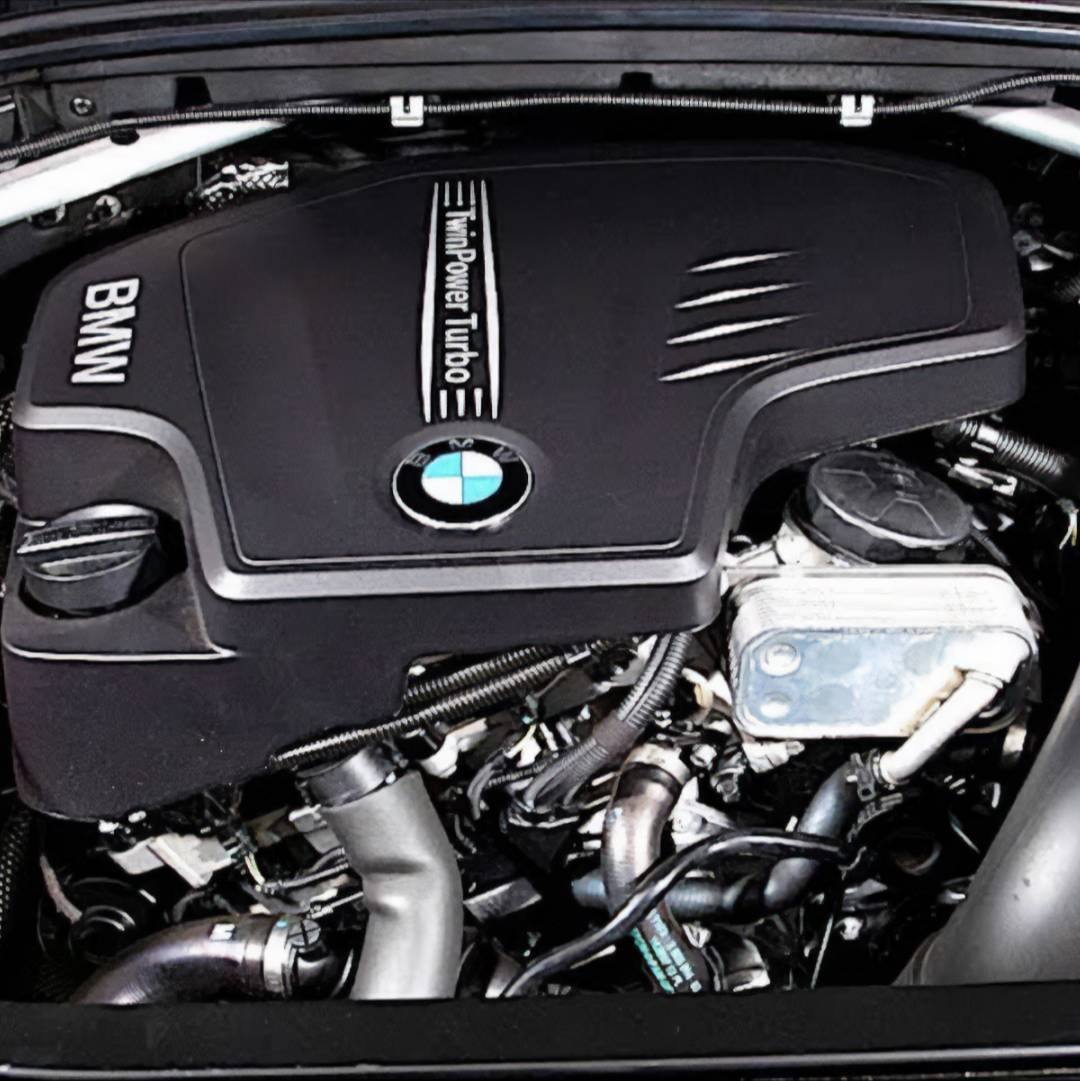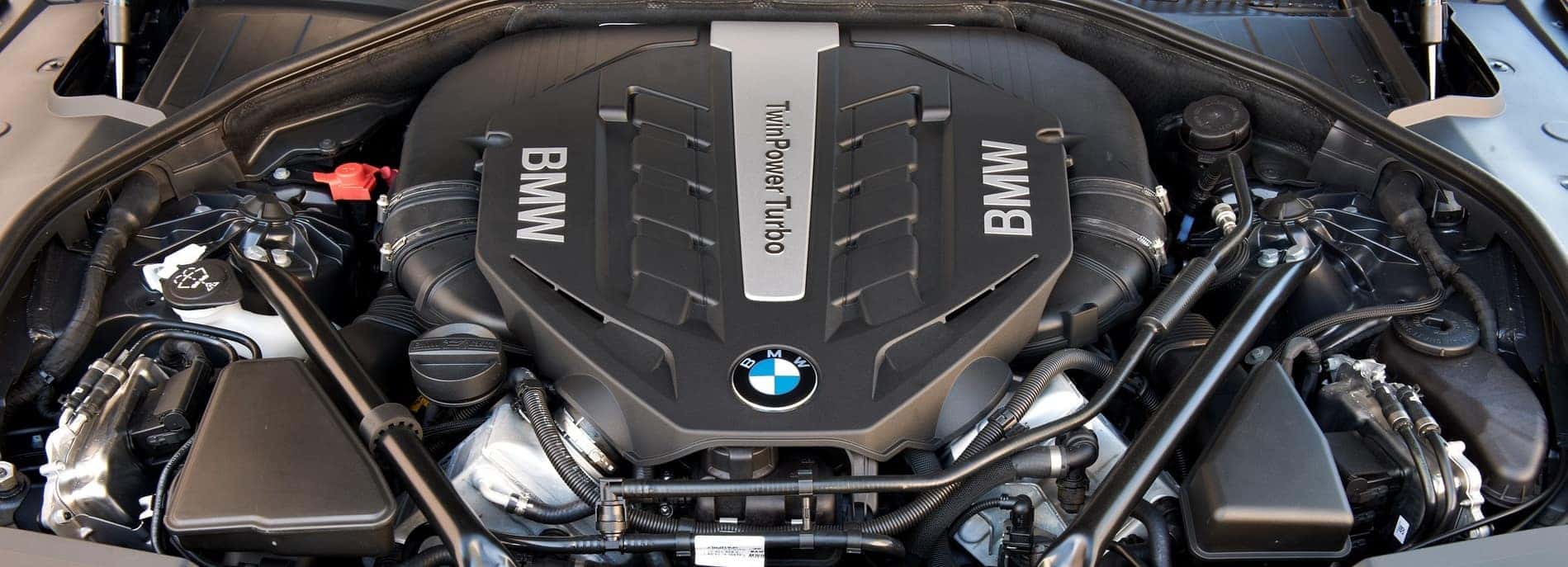Exactly how to Maintain Your BMW Engine for Optimum Performance and Longevity
Exactly how to Maintain Your BMW Engine for Optimum Performance and Longevity
Blog Article
Revealing the Intricacies of Next-Generation Power Units: a Deep Dive Into Advanced Engine Advancements and layouts
As we stand on the precipice of a new age in transportation, the ins and outs of next-generation engine designs bid us to discover the advanced technologies and technologies that promise to redefine the driving experience. Diving much deeper into the realms of discharge control, smart engine monitoring systems, and the perspective of power system growth, we locate ourselves on the cusp of an improvement that promises to improve the landscape of mobility as we recognize it.
Advancement of Engine Materials

The change in the direction of progressed engine products has actually additionally enabled designers to make engines with greater power results while preserving fuel performance requirements. The use of light-weight products decreases the overall weight of the engine, leading to enhanced fuel economy and lower exhausts. Additionally, improvements in products technology have permitted far better thermal management within engines, causing boosted dependability and longevity.
Turbocharging and Supercharging Technologies
How do Turbocharging and Supercharging Technologies transform engine efficiency and effectiveness in contemporary lorries? Turbo charging and turbocharging are technologies that dramatically enhance engine efficiency by boosting the quantity of air intake into the combustion chamber. Turbocharging achieves this by using a turbine driven by exhaust gases to pressurize the consumption air, while turbo charging utilizes a belt- or chain-driven compressor to accomplish the exact same result.
These technologies make it possible for smaller sized, more fuel-efficient engines to produce power comparable to larger ones, understood as downsizing. Forcibly more air right into the cylinders, turbocharging and supercharging boost burning performance, resulting in raised horse power and torque outcome without a substantial rise in engine dimension. This results in much better acceleration, pulling capacity, and general driving efficiency.
Additionally, supercharging and turbocharging add to boosted gas efficiency by allowing the usage of smaller sized engines that consume much less fuel under typical driving problems - bmw engine. This combination of enhanced performance and performance has made turbocharging and supercharging essential elements of lots of contemporary engine designs
Discharge Control and Environmental Impact
With boosting global concerns concerning air quality and environmental sustainability, the application of emission control technologies in lorries plays a critical role in decreasing damaging toxins launched right into the atmosphere. Modern cars are geared up with innovative emission control systems that aid lessen the environmental influence of automobile procedures. Catalytic converters, for circumstances, are created to transform harmful gases such as carbon monoxide, nitrogen oxides, and hydrocarbons right into much less damaging compounds like carbon dioxide and water vapor.
Moreover, advancements in engine modern technology, such as the combination of exhaust gas recirculation systems and selective catalytic reduction, have substantially added to reducing discharges. These modern technologies function in tandem to maximize combustion effectiveness and decrease the release of hazardous toxins right into the air. In addition, the development of hybrid and electric automobiles stands for a crucial action towards decreasing the overall environmental footprint of the transport sector.
Intelligent Engine Management Equipment

Furthermore, these systems enable cars to meet rigid exhausts criteria without endangering performance, supplying a much more eco-friendly driving experience. The combination of expert system and artificial intelligence abilities in engine management systems proceeds to press the try this site limits of what is feasible, bring about further enhancements in performance, dependability, and total automobile efficiency. bmw engine. As automobile modern technology advances, intelligent engine management systems will certainly play an important duty in forming the future of transport in the direction of a much more lasting and efficient instructions
Future Trends in Power System Advancement
As intelligent engine monitoring systems lead the way for enhanced control and optimization in modern-day automobiles, future patterns in power unit growth are poised to redefine the landscape of automobile propulsion technologies. Among the crucial patterns driving technology in power system growth is the shift in the direction of electrification. With an enhancing emphasis on sustainability and lowering carbon discharges, crossbreed and electric powertrains are becoming extra prevalent in the auto market. These alternative power resources provide boosted performance and performance while lining up with rigid ecological laws.
An additional substantial pattern is the integration why not try these out of innovative materials and manufacturing strategies. Light-weight materials such as carbon fiber and aluminum are being utilized to lower general car weight, improving fuel effectiveness and performance. Furthermore, improvements in 3D printing and additive manufacturing are making it possible for the manufacturing of complex engine elements with greater accuracy and durability.
In addition, fabricated knowledge and machine learning are playing an important role in optimizing power unit performance. These innovations permit real-time tracking and adaptive control, resulting in extra reliable and efficient power delivery. Overall, future trends in power device development are tailored in the direction of effectiveness, sustainability, and efficiency, driving the vehicle sector towards a brand-new age of propulsion modern technologies.

Final Thought
In conclusion, the improvements in engine products, turbocharging, exhaust control, and intelligent management systems have led the way for next-generation power systems. These developments have not only enhanced efficiency and performance however likewise minimized environmental impact. As innovation remains to develop, future patterns in power unit advancement are likely to concentrate on additional boosting sustainability and enhancing power outcome. The detailed styles and technologies in modern address engines display the recurring development of auto technology.
Checking out the dynamic improvements in engine materials has been critical in improving the performance and efficiency of modern engines. Over the years, the advancement of engine materials has actually played a vital duty in pushing the limits of what engines can achieve.The change towards advanced engine materials has additionally enabled engineers to create engines with greater power outputs while maintaining fuel effectiveness criteria.The application of intelligent engine administration systems in modern-day vehicles has actually revolutionized the means engines are managed and enhanced for efficiency and efficiency. By accumulating data in real-time and examining it with innovative algorithms, smart engine monitoring systems can adjust to driving designs, environmental variables, and engine health to make the most of power output while reducing gas usage and discharges.
Report this page